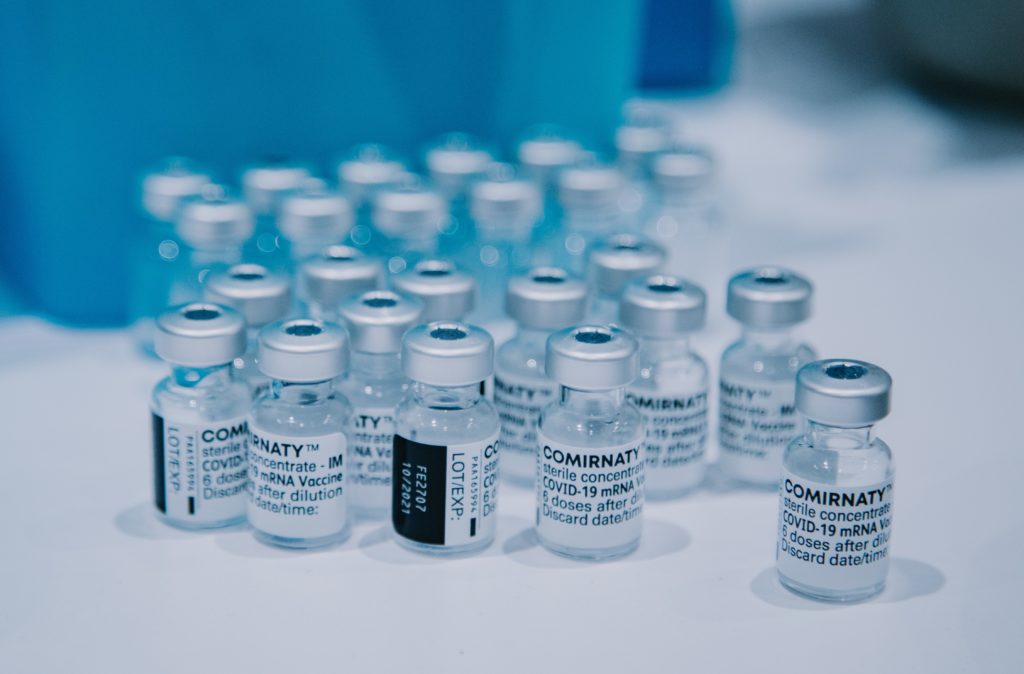On Aug. 23, 2021, the US Food and Drug Administration (FDA) fully approved the Pfizer COVID-19 vaccine. This is the first COVID-19 vaccine to receive the FDA’s approval.
In the FDA news release, acting FDA Commissioner Dr. Janet Woodcock said she believes the approval will instill confidence in unvaccinated citizens and give them the push they need to get the poke.
“As the first FDA-approved COVID-19 vaccine, the public can be very confident that this vaccine meets the high standards for safety, effectiveness, and manufacturing quality the FDA requires of an approved product,” Woodcock said.
Michelle Smirnova, a UMKC associate professor of sociology, is fearful that the FDA vaccine approval will have less of an impact on vaccination rates than some may anticipate.
“Many of those who are unvaccinated are also distrustful of state institutions such as the federal government, medicine and state agencies such as the FDA,” Smirnova said.
Politicization of the vaccine is leading to vaccination rates being lower among those who voted for President Donald Trump and Republicans, according to Smirnova. This is in spite of the voluntary vaccination of Trump, all 50 governors and the majority of the Senate.
“Conservative media outlets have been more likely to cover vaccines in a negative light, in spite of strong scientific evidence for their safety and effectiveness at an individual level and their promise to end the pandemic at local, national and global levels,” Smirnova said.
The CDC and FDA are intended to be nonpartisan, ethical, scientific entities basing their policy on science and public health knowledge, Smirnova said. Despite this, Smirnova feels that they have sent mixed messages to the public regarding the handling of COVID-19.
“The incoherence of this messaging may have ultimately contributed to the very distrust we are dealing with in regards to vaccine hesitancy,” Smirnova said.
Smirnova said that America’s historical medical experimentation, insufficient healthcare and various other racial mistreatments may be a cause for Black Americans to distrust the country’s health leaders and drive down vaccination rates in their communities.
“This distrust has origins in colonialism, but also in the medical establishment in the US that supported the Tuskegee Syphilis Study, night doctors, a racialized pain scale and the general denial of quality healthcare to Black Americans,” Smirnova said. “Actions such as these have inculcated a general distrust among the African American community of state/medical actors and institutions who frame themselves as benevolent actors.”
President Joe Biden has urged business, nonprofit, state and local leaders to use Pfizer’s FDA approval as an opportunity to enforce vaccinations. In this case, vaccination will no longer be a matter of opinion and choice.
“Students, healthcare professionals [and] our troops are typically required to receive vaccination to prevent everything from polio, smallpox, measles, mumps, rubella,” Biden said during a briefing. “It only makes sense to require a vaccine to stop the spread of COVID-19.”
jmt9w6@umsystem.edu








